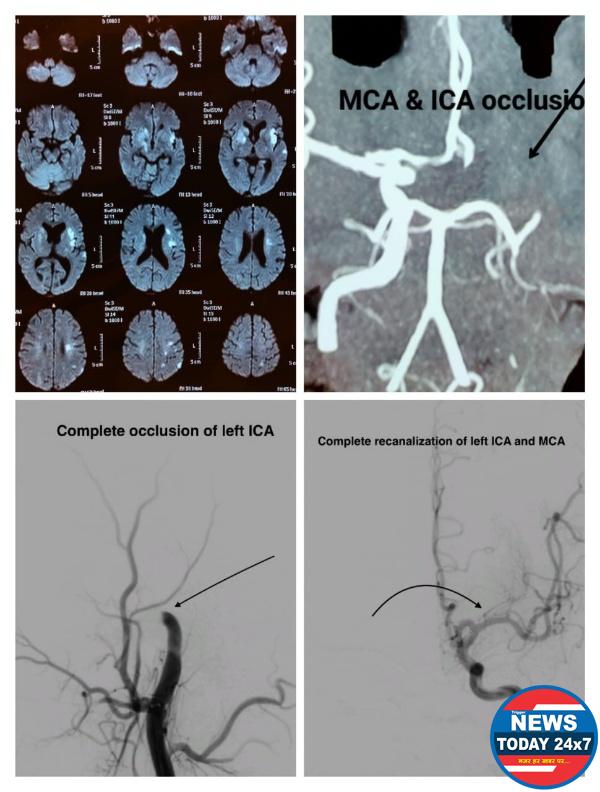NAGPUR : Dr S. P. Thyagarajan, Chancellor, Avinashilingam Institute for Home Science and Higher Education for Women, Coimbatore, while speaking on COVID-19 and monkeypox vaccines, highlighted four major types of vaccines, whole-virus vaccines, viral-vector vaccines, nucleic acid vaccines and protein-based vaccine.
He was speaking during the twelfth plenary session on Innovative Research and Strategies to Control Covid and Future Viral Pandemics at the 108th Indian Science Congress hosted at Rashtrasant Tukadoji Maharaj Nagpur University.

Speaking about monkeypox (Mpox) and its vaccine development status, Dr Thyagarajan said, though the concerns regarding the same have decreased, WHO has shared a few guidelines in November 2022. Going forward, Dr Thyagarajan also presented information regarding the four already available Mpox vaccines and their under-evaluation status.
Developing antiviral treatment for COVID-19 and monkeypox is essential for pandemic management due to the varying efficacy of vaccines, said Prof. S. Rajarajan, former Vice Chancellor, SRM University, Sonepat, Haryana, India. Prof. Rajarajan also highlighted the fact that the COVID-19 pandemic has added unprecedented speed and modifications to the drug development protocols.
Elaborating on COVID-19 diagnosis and treatment, Dr Abhay Chaudhary, former Director of Haffkine Institute, Mumbai, said that with varying degrees of COVID-19 symptoms, treatment plans change accordingly. Patients with comorbidities need attention until complete recovery. Adults with severe symptoms also need oxygen therapy and antibiotics.
Dr Chaudhary also elaborated on the cautious and appropriate use of immunomodulators for geriatric patients with severe illness.
Talking about early detection and predictable surveillance of emerging viral infections, Dr. Shanthi Sabari, Faculty of Health and Medical Sciences, School of Biomedical Sciences, University of Western Australia said early detection is the best approach to minimize the risk of any emerging viral infection. Dr Sabari also highlighted the importance of changes in characteristics such as increasing cytokines, total blood count and oxidative stress in early detection. He credited the striving epidemiology of viral infections to increased travel, mass gathering, deteriorated health systems etc.
The session concluded with the reading out of the panel’s recommendations to the Indian Science Congress Association and a question and answer session. The proceedings were conducted by Dr. Shraddha Joshi, Department of Physics.


